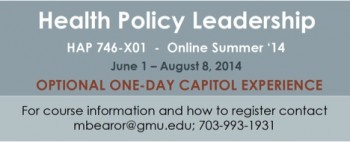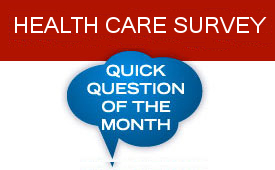Posted by CHPRE Staff
Presentations
Wednesday, March 31st, 2004
Eckenwiler, L. “Re-Mapping the Terrain in Clinical Research Ethics,” Keynote Address, Research Day, College of Health Sciences, Old Dominion University, Norfolk, Virginia, March 31, 2004
Posted by CHPRE Staff
Presentations
Thursday, March 11th, 2004
Eckenwiler, L “Social Moral Epistemology and Biodefense,” Duke-UNC Bioethics Forum, University of North Carolina at Chapel Hill, Chapel Hill, North Carolina, March 11, 2004
Posted by CHPRE Staff
Testimony
Tuesday, March 9th, 2004
Highlight:
My testimony today is organized around a theme called “Myths About the Uninsured.” This theme was also the one used at a recent press briefing, which Mark Pauly – professor of economics and health care systems at the Wharton School of the University of Pennsylvania – and I did together to report on the research contained in the ERIU book. Dr. Pauly and I took turns clarifying the research pertinent to each myth, and we both essentially agreed with what the other said. Dr. Pauly has kindly allowed me to use some of his logic and words in my written testimony. I take sole responsibility for any remaining errors or ambiguity, however. In this testimony I have combined and rephrased some of the myths we used that day, and I have added one more that grows out of the spirit of the research but is wholly my contribution to your deliberations.
The 10 myths about the uninsured my written testimony will highlight are:
1. We know how many uninsured there are.
2. The uninsured are all alike.
3. Coverage is coverage is coverage.
4. Health insurance would improve the health of all the uninsured.
5. The uninsured choose to be so.
6. Employers pay $400 billion for health insurance today.
7. The decision to remain uninsured has no effect on anyone else.
8. Until HIPAA, workers were afraid to switch jobs because of health insurance.
9. Economists don’t know anything about why people are uninsured.
10. The combined research evidence supports doing nothing to address the problems of the uninsured today.
“Myths About the Uninsured,” US House Ways and Means Committee, Subcommittee on Health, March 9, 2004.
Click here to view the testimony.
Posted by CHPRE Staff
Publications
Monday, March 1st, 2004
Abstract:
Our paper draws lessons for policymakers from twelve communities as we identify the power and limits of general market-based strategies for improving the efficiency of health systems. The vision of market forces driving our system toward efficiency attracted politicians, policy analysts, and practitioners in the 1990s. Today some policy advocates profess even more faith in unfettered market forces. Market participants in the twelve communities in the Community Tracking Study, however, have become doubtful, and our analysis confirms the logic of their pessimism. Major barriers to efficient market outcomes exist amid growing willingness to consider renewed government interventions.
“Are Market Forces Strong Enough to Deliver Efficient Health Care Systems? Confidence is Waning in 12 Communities,” Health Affairs (March/April 2004), with Paul B. Ginsburg, Robert A. Berenson, Jon Christianson, and Robert E. Hurley. (7th - most downloaded article from Health Affairs website in calendar 2004).
Click here to view the article.



